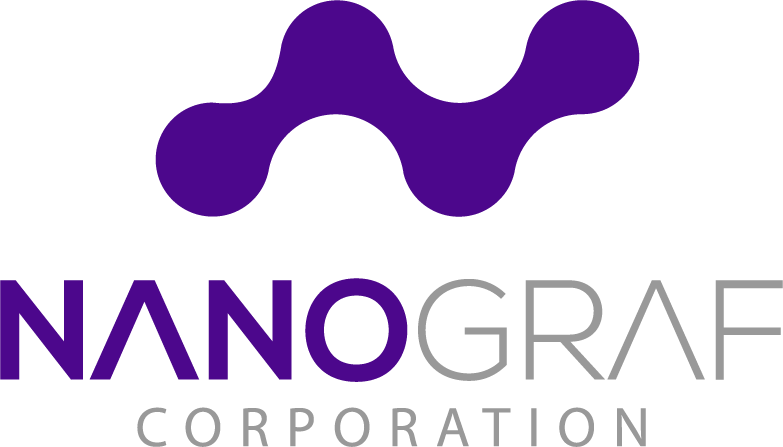Battery Startup Opens Chicago Plant as US Seeks to Curb Reliance on China
A startup specializing in high-performance batteries is close to starting operations at a facility near Chicago’s central business district that will help power devices such as night-vision headsets and radios for the US military.
NanoGraf received $10 million in funding from the US government to build what the company says is the Midwest’s first large-volume facility to produce silicon oxide — an important ingredient for a new kind of longer-lasting battery that can be used in electric vehicles and medical devices. It’s part of a wave of investment in US capacity to make more lithium-ion batteries at home as the country looks to compete with China, which controls large swaths of the world’s output.
NanoGraf says a key component of the batteries it’s working on use silicon instead of graphite. That’s noteworthy because China recently announced further export controls on graphite, raising concerns of a potential shortfall for global buyers.
“One of the things we’re proud of is that we’re building a facility here, and our silicon partially replaces graphite,’’ NanoGraf Chief Executive Officer Francis Wang said in an interview. “So it kind of does ease some of these potential issues around materials like graphite that China might decide to hold back.’’
During a ceremony at the plant on Friday, US Senator Dick Durbin from Illinois said the world is transitioning to batteries from oil, and this represents an opportunity for the third-largest US city.
“That’s why we're going to devote our industrial machines to try to develop the next generation of batteries,’’ Durbin said.
The company aims to start operating the facility in Chicago’s West Loop neighborhood in 2024, with production ramping up around the third quarter. The facility, which has already started pilot production, also has research and development labs. The estimated annual production will be enough for 24 million battery cells, which NanoGraf says is more than enough to fulfill the US military’s needs. As much as three quarters of the initial production will be destined for the military, with the rest going into medical devices and premium consumer products.
About 35 jobs will be created in Chicago, and the company expects to expand elsewhere in the US with other production facilities.
NanoGraf’s announcement follows follows plans by Chinese battery maker Gotion High-tech Co. to build a $2 billion factory south of Chicago.
“People are beginning to say that the Rust Belt is becoming the battery belt,” Wang said.
(Adds comment from US senator. An earlier version of this story corrected the source of the facility’s funding.)
